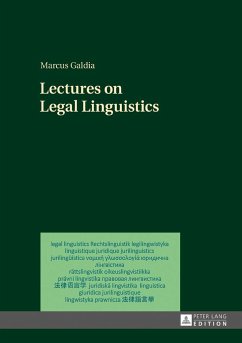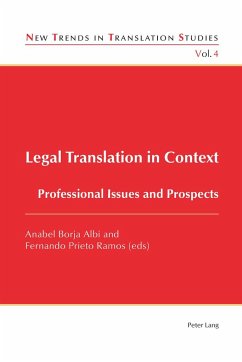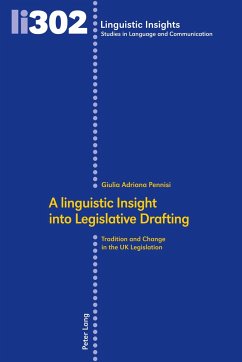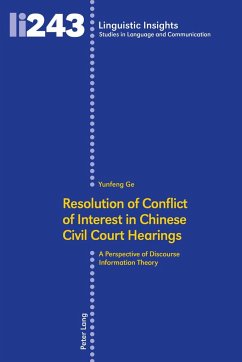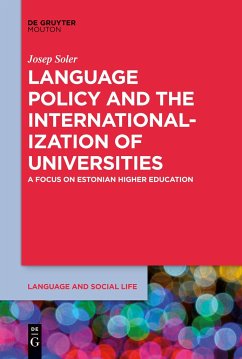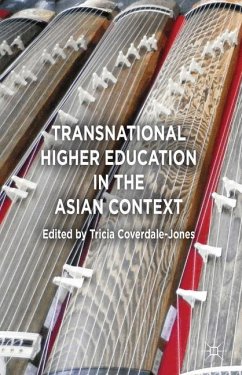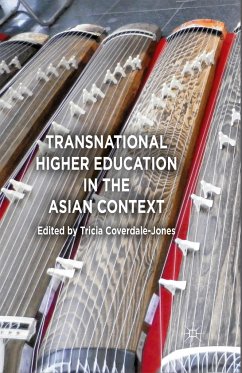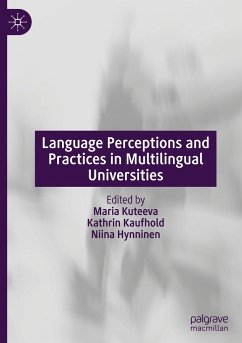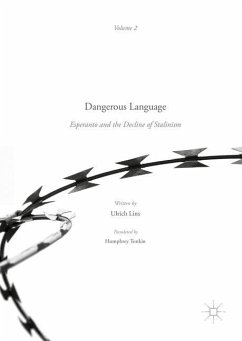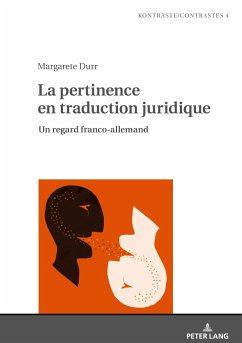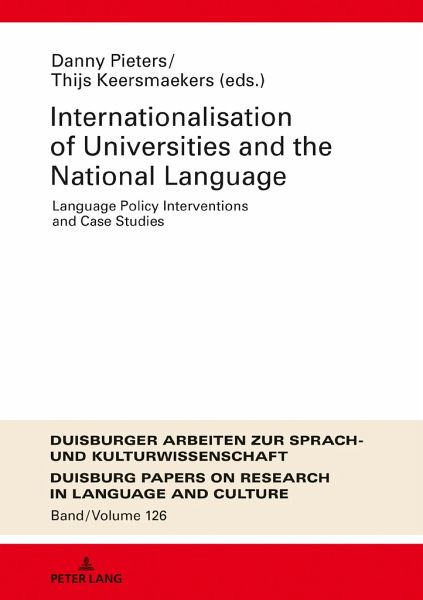
Internationalization of Universities and the National Language
Language Policy Interventions and Case Studies
Herausgegeben: Keersmaekers, Thijs; Pieters, Danny
Versandkostenfrei!
Versandfertig in 6-10 Tagen
54,55 €
inkl. MwSt.

PAYBACK Punkte
0 °P sammeln!
Universities are pressed to compete within the global scene of international higher education. What is the status of the national or local language in higher education when the dominance of English in the academic world increases? Universities have become an interesting field for research on sociolinguistic and language policy aspects. How can the global edge and the local function of universities be effectively combined?This book combines case study contributions from countries within and outside Europe in order to underline the key language policy challenges universities around the world fac...
Universities are pressed to compete within the global scene of international higher education. What is the status of the national or local language in higher education when the dominance of English in the academic world increases? Universities have become an interesting field for research on sociolinguistic and language policy aspects. How can the global edge and the local function of universities be effectively combined?
This book combines case study contributions from countries within and outside Europe in order to underline the key language policy challenges universities around the world face in their attempt to remain nationally leading and interna-tionally competitive institutions. The grouping of different countries and contexts leads to the scrutiny of a variety of scopes that complement each other.
This book combines case study contributions from countries within and outside Europe in order to underline the key language policy challenges universities around the world face in their attempt to remain nationally leading and interna-tionally competitive institutions. The grouping of different countries and contexts leads to the scrutiny of a variety of scopes that complement each other.





